Group children by ability and interest not grades
(Gifted Education Research, Resource and Information
Centre).
As we all know, age was an important, yet insufficient predictor of level in our school progress. Humans refuse to neatly follow the school syllabus in their development.
At CLC, age is not the most important divider in groups or rooms.
Projects, interests and levels become
the links that lead to group formation. The activity and the teacher adapt to the learner, not the other way
around.
Formally, we are not organized by ‘grade’ but by ‘age range’ and ‘stage of development’. It is a more organic and useful way to be organized, allowing us to take every learner from where they are and to support them to develop further.
Kindergarten
2 - 4
4 - 6
K2 - K3
K4 - K5
Early Years
Preschool
Open
Open
Primary School
6 - 8
8 - 10
Grades 1 - 2
Grades 3 - 4
Lower Primary
Upper Primary
Open
Open
Middle School
10 - 12
12 - 14
Grades 5 - 6
Grades 7 - 8
Lower Middle
Upper Middle
Open
Open
High School
14 - 16
16 - 18
Grades 9 - 10
Grades 11 - 12
Lower High
Upper High
Opening in Sept 2027
Opening in Sept 2029
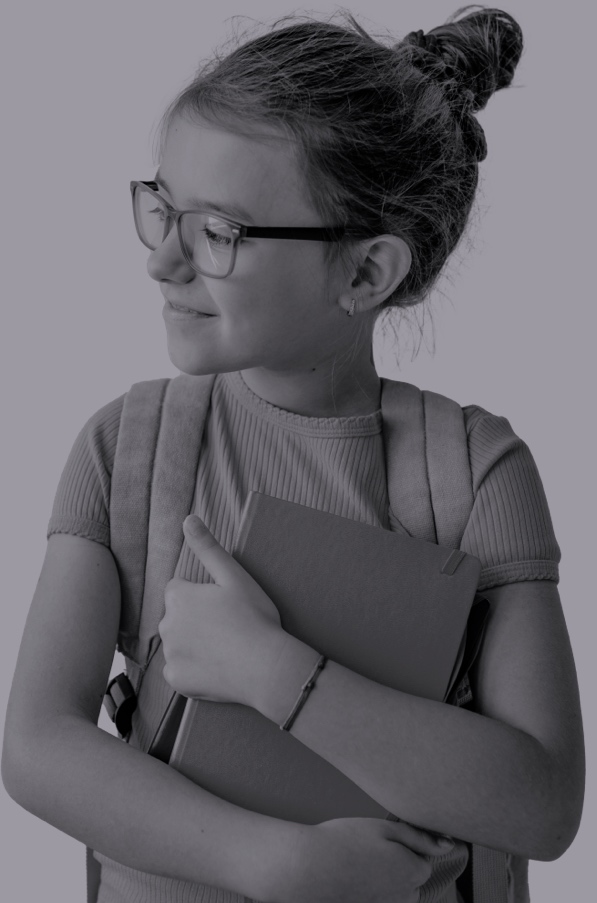
This is the only time learners are in school. During this precious, unique time when they are safely learning, it is our responsibility to ensure learners gain the essential life skills that will enable them to thrive as adults. So let’s make sure that time spent in school is worthwhile for the whole person and for their entire life.
Our learning model is about ‘Learning to Design a Thriving, Purposeful Life’. It is holistic and long-term, focusing on all the key areas of development in life: physical, emotional, intellectual, and spiritual.
Learn moreWe learn more easily what we like, what is relevant to us and what is taught to us in the way we enjoy the most. In an education that works, learners are asked about their preferences and areas of interest. They can influence and choose ways of learning that suit them the most. Resources and ways of teaching are varied and allow for different styles of learning from visual and auditory to kinesthetic and social.
Learn moreOur expeditionary learning methodology uses a project-based approach which leads to real impact in the real world through every learning project. Learners get to do real work, they learn by doing and by experiencing real situations. This is much more effective to promote understanding and deep learning.
This changes school from a ‘grading and exam-preparation machine’ into an engine for ongoing improvement in the community.
Traditional education has focused on information and memorization. Although necessary, these are but a small
and insufficient part of learning.
Learning is successful when you can actually use and apply what
you have learned.
If you look at the neuroscience of learning, a learning cycle is complete when we have actually mastered a new skill. We do not only “know” something in theory, we are capable of using the information we have learned in practical and applicable situations. This approach to learning is focused on ‘skills’ or the wider concept of ‘competencies’ (which encompass information, abilities and attitudes).
Learn more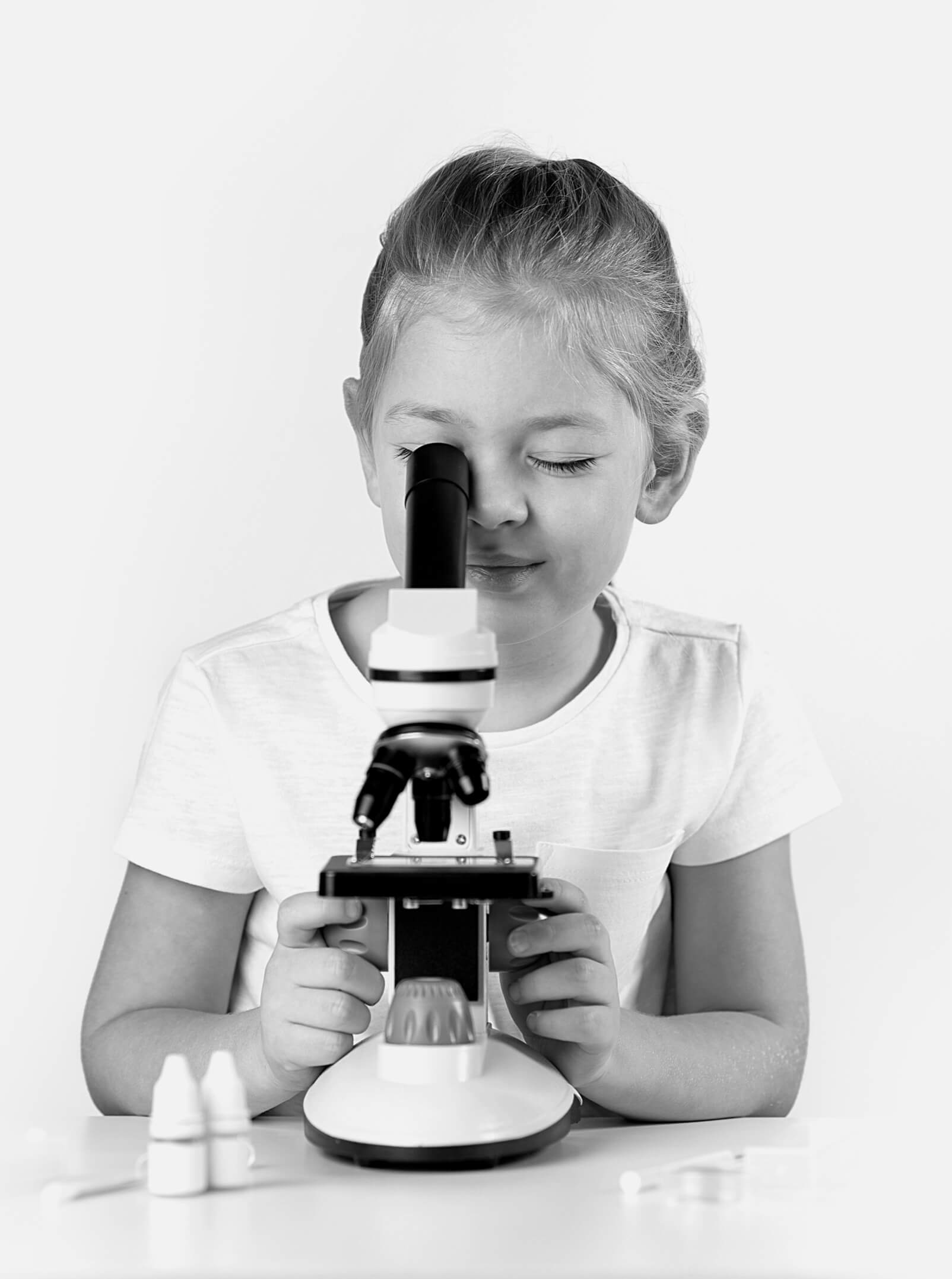
The world needs people who can self-direct and manage their time, form teams and make an impact by solving challenges that matter. Our approach is geared towards learners being able to learn for themselves, a little more every day.
Learn moreEffective schools have high standards for each and every learner. The science of learning has repeatedly proven how powerful high expectations are to drive success. It is called “"The Pygmalion Effect"” and it works, but only if education is personalized and relevant for children.
Since they get to choose the way they learn, we can expect them to excel. Not all children need to excel at the same things at the same time, but they will be expected to develop areas of mastery.
Learn more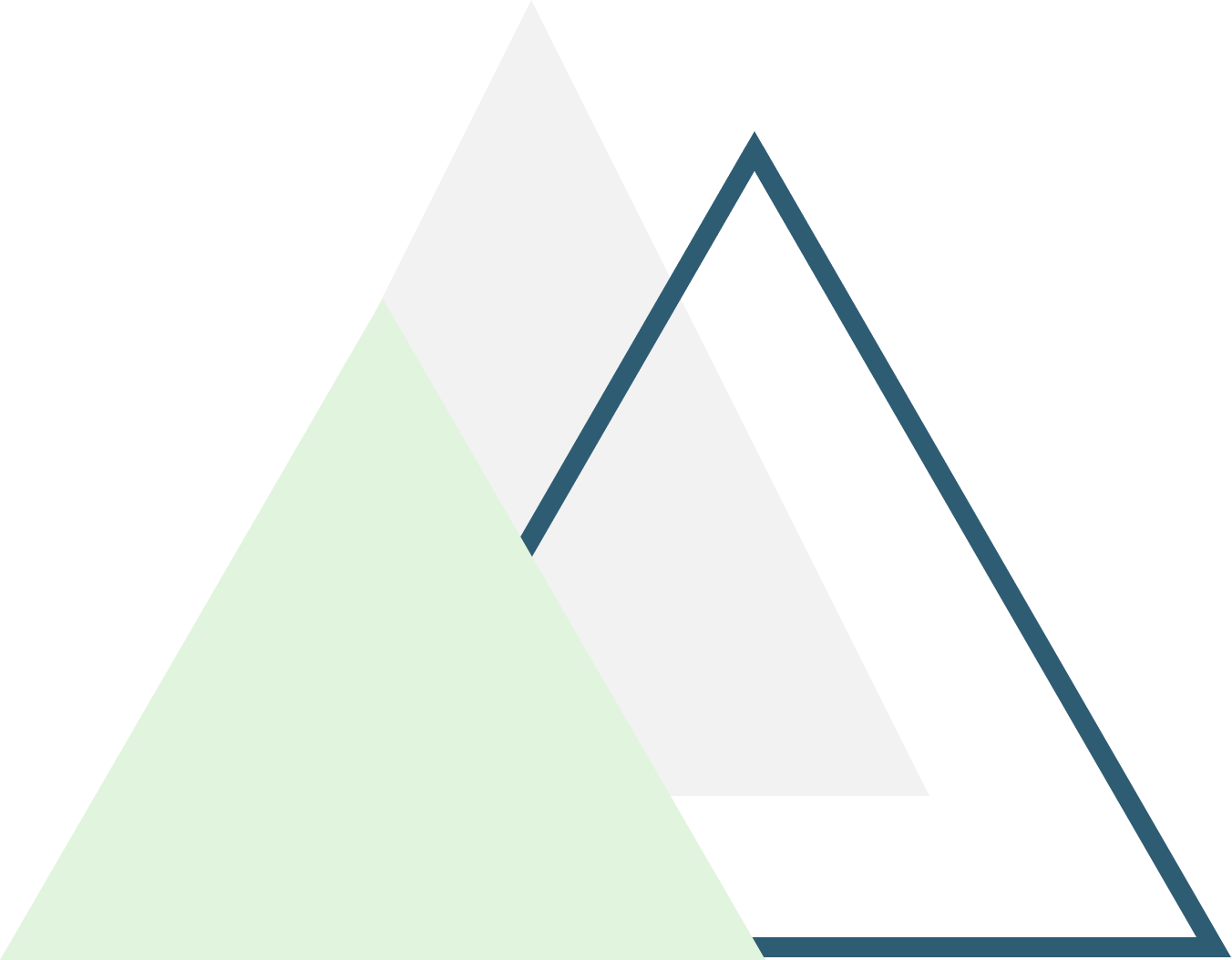
Every day around the world a school discovers a better and more powerful approach to learning.
Our curriculum constantly upgrades just like good software.
Our school campus will not be ‘a prison’ where children are dropped off and locked in until they go back home. Our school campus will be a “basecamp” from where they will keep going to discover and explore and will come back to coordinate, make sense and deepen their learning.
Our first campus is part of Colina Noua, an innovative residential concept with great design, communal spaces, plenty of green areas, organic farms, and nature trails.
Our methodology of 'expeditionary learning' and our learning philosophy will ensure that learners spend a lot of time 'out-of-school'. Trips and activities in nature will be a regular part of learning. As our learners grow and become more autonomous, we will encourage projects in which they will visit and learn from real-life situations and real-life professionals.
Our educational standards are on 2 layers:
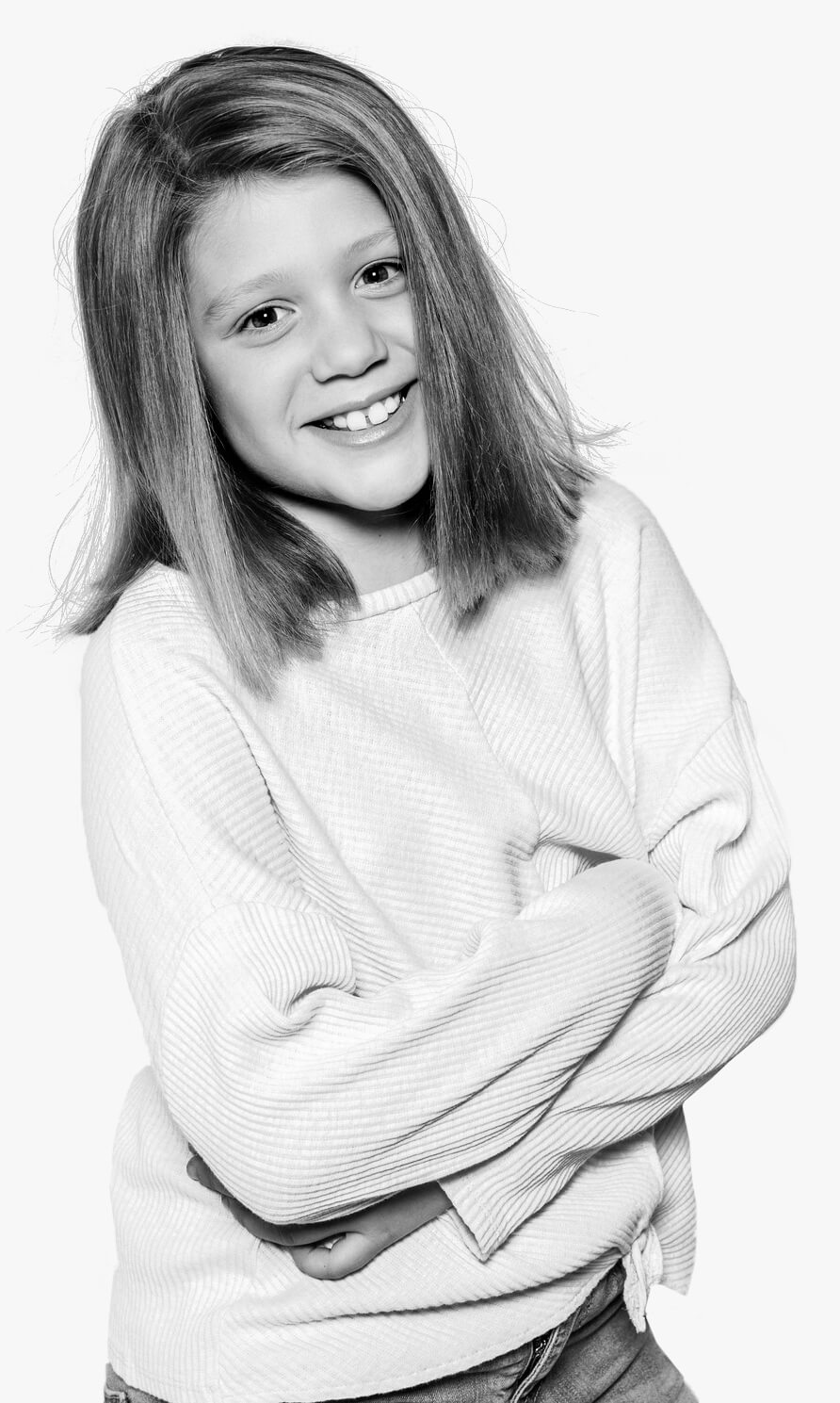
The basis of our curriculum is a strong academic core.
We chose the New York State Learning Standards.
We promise to prepare our students for their unique future, not humanities past. Mastery of competencies (skills and abilities) such as critical thinking and collaboration are the bedrock of a great life in the 21st century. Here you can learn more about how we approach competencies.
Learn moreThe technical word for this
is a curriculum.
This is what our children learn so that
we can bring our why to life.
Leading: Our students have an
impact in the world
Leaning: Our students can build
meaningful relationships
Learning: Our students are
exceptional learners
Learning: Our students are
exceptional learners
Acquiring skills and knowledge through focusing, regulating one's thoughts, emotions, and behaviors, adopting a growth mindset, and taking initiative to pursue opportunities for personal growth.
Focus The ability to manage cognitive load by filtering and sorting information in order to maintain a sense of focus in an age of information overload and constant change.
Self-Regulation The ability to understand and feel compassion for others' perspectives, needs, and feelings.
Growth mindset The ability to pursue more knowledge, embrace challenges, take initiative, and persist in the face of setbacks, and see effort as a path to mastery.
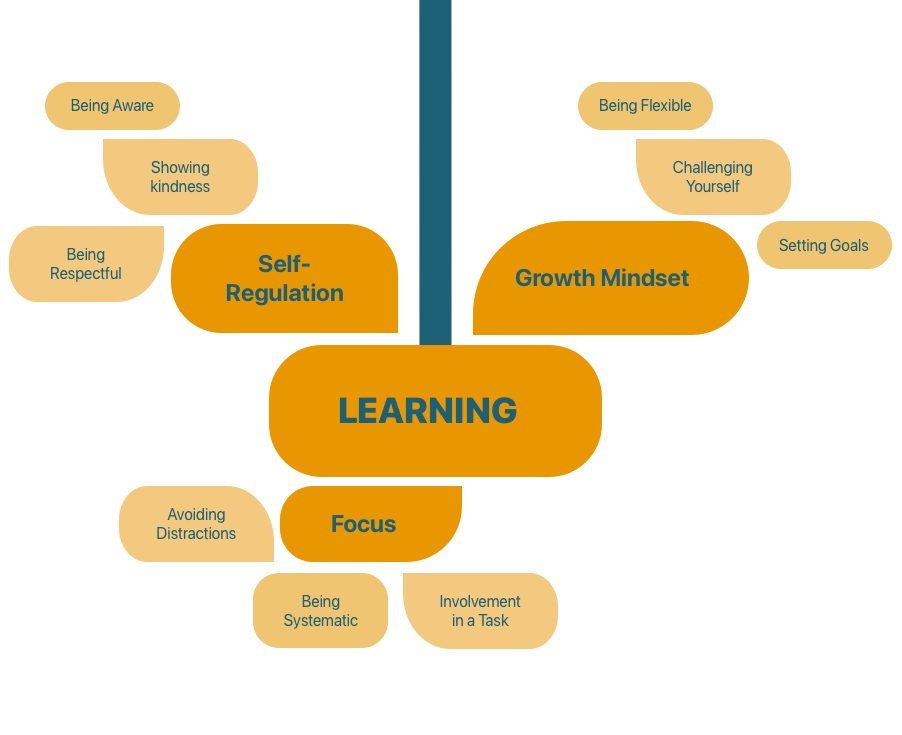
Leaning: Our students can build
meaningful
relationships
Understanding and feeling compassion for others and working constructively with them towards common dreams and goals. Building amazing relationships based on respect, inclusivity, and connection
Communication The ability to share and digest information openly and honestly, and express oneself in a way that creates mutual understanding.
Empathy The ability to understand and feel compassion for others' perspectives, needs, and feelings.
Collaboration The ability to build and maintain positive relationships with others, resolve conflicts in a constructive manner, and work with others towards a common goal.
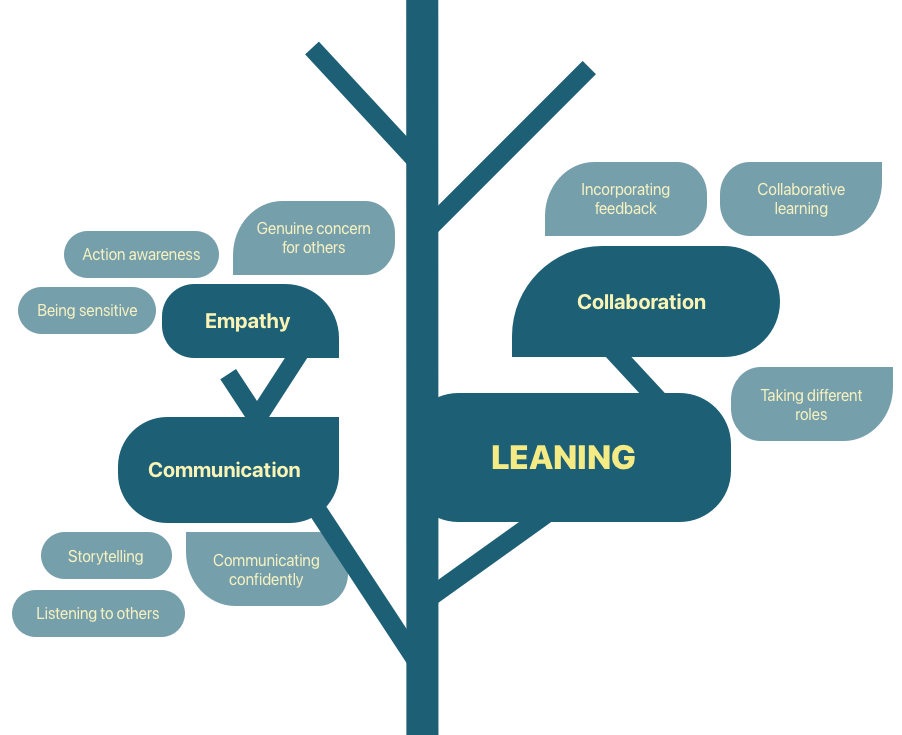
Leading: Our students have an
impact in the world
Applying critical thinking and creativity, analysing complex information, defining problems, and recognising patterns in the quest to drive positive change within local communities and beyond.
Critical Thinking The ability to analyze and evaluate complex information and arguments in order to solve problems, understand a situation, or make reasonable decisions.
Participative Leadership The ability to have ownership over a task, to be able to lead others by inspiring them with a clear vision, motivating and influencing others to complete tasks
Creativity The ability to imagine and think of new ways to address problems, answer questions, or express meaning.
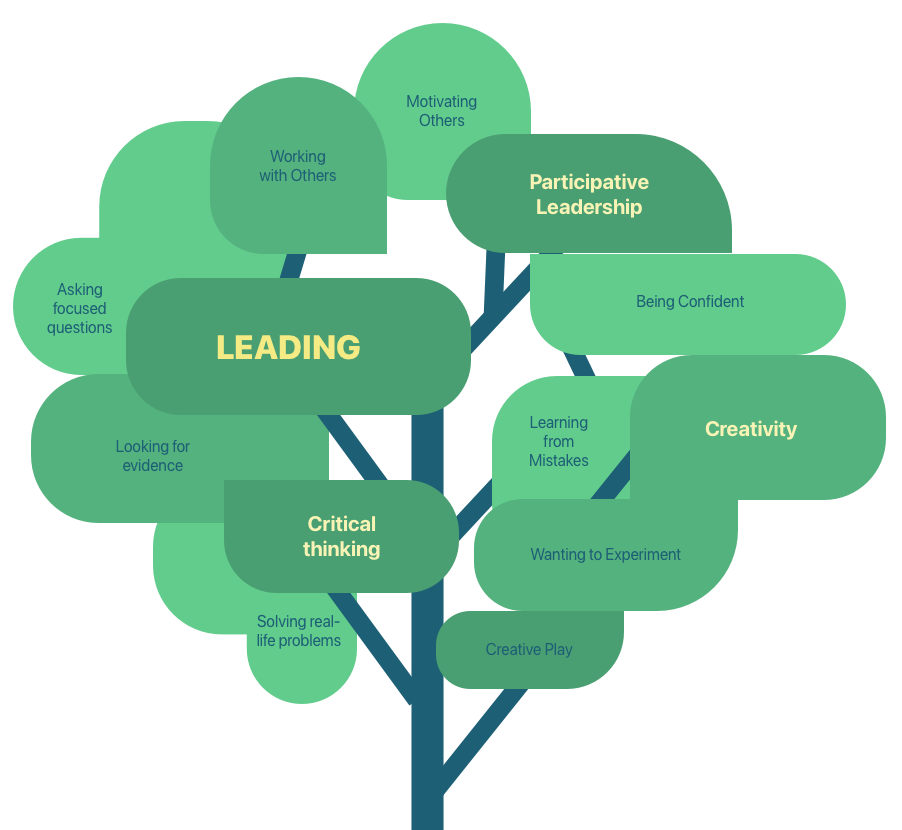
The CLC Expeditionary
Learning Model
Imagine a place where learning happens everywhere: in the CLC Hub, at home, outdoors, and online. This is us. Imagine learners doing the work through research, online games for mental fitness, access to mentors who help build mastery, or experiments in real life, not educators explaining in front of the class all the time.
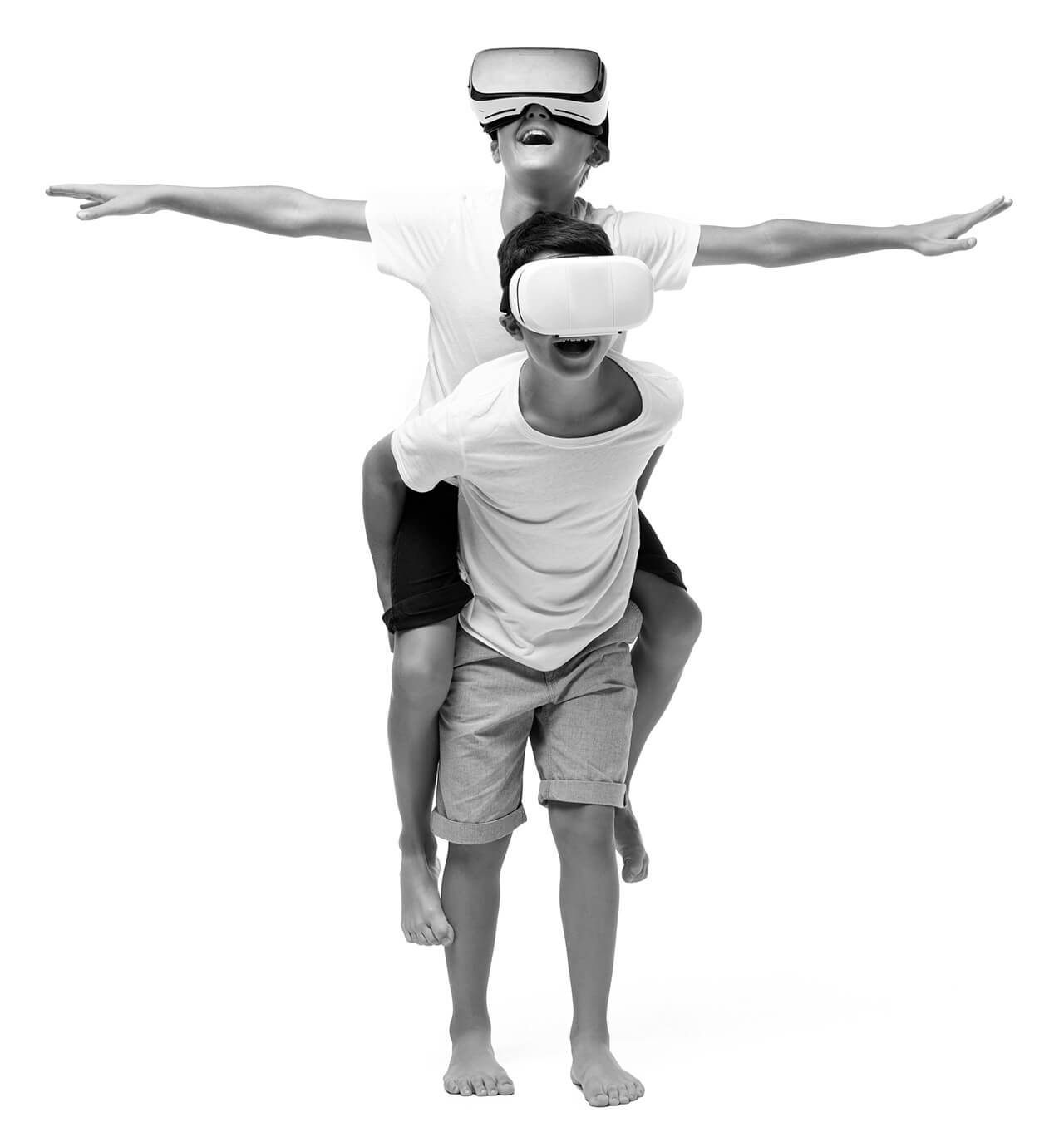
We believe that high-quality learning takes place when we align our educational approach with the neuroscience of learning. That's why at CLC, we have adopted the Expeditionary Learning Model, which consists of five stages designed to optimize the learning process. We create learning experiences that enable our learners to navigate these five stages in a joyful environment where learners are challenged, and mistakes are accepted as part of the process.
Engage in immersive learning experiences, exploring subjects with curiosity and self-awareness, utilizing all senses.
Set targets based on discoveries, embracing optimism and committing to achieving goals.
Dive deep into quest for knowledge, expanding understanding, and navigating a world of ideas.
Take action, manifesting ideas, seeking feedback, and persevering towards goals.
Utilize achievements to create real-world benefits, celebrating successes, reflecting on progress, and consolidating learning.
By embracing this comprehensive approach rooted in neuroscience, we empower our learners to embark on a transformative educational journey at CLC, where their natural curiosity is nurtured, and their potential is unleashed.
about expeditionary
learning
Expeditionary Learning is a methodology established in 1995 through a collaboration by Harvard University and a group of educators from the well-known organization Outward Bound (education in nature).
What is a Learning Expedition? Imagine learners spend most of their time engaged in sustained,
in-depth studies of a single theme or topic.
The experiences, which generally last four to nine weeks,
include strong intellectual, service and physical dimensions. Intellectually rigorous projects and purposeful
fieldwork - the heart of each expedition - provide a vision and a strategy for assessment that is fully
integrated with curriculum and instruction.
A learning expedition is a project-based approach engaging learners in an interdisciplinary, in-depth study of important topics, in groups and in their community.
Learning Expeditions set learners up to gain skills and knowledge through a context that is meaningful to them, giving them the time, resources, and opportunity to master and feel confident in their learning before moving on to a fresh expedition.
Our Colina Learning Center expedition will take learners through steps following brain-based learning to create an engaging, complex and challenging learning journey.
The expeditions are rigorously planned and they have clear sets of learning goals and targets around a compelling topic.
An expedition will take learners outside of school, into nature and the community. It will also take learners into an in-depth study of a single topic, offering plenty of opportunities for deep learning.
We believe in high standards for our learners. Provided that learning is personalized and meaningful, we all have great potential which can be nurtured.
Not all learners need to get to the level of mastery at the same time and in the same way. But we do expect each learner to succeed and we will provide them with the right level of challenge and support.
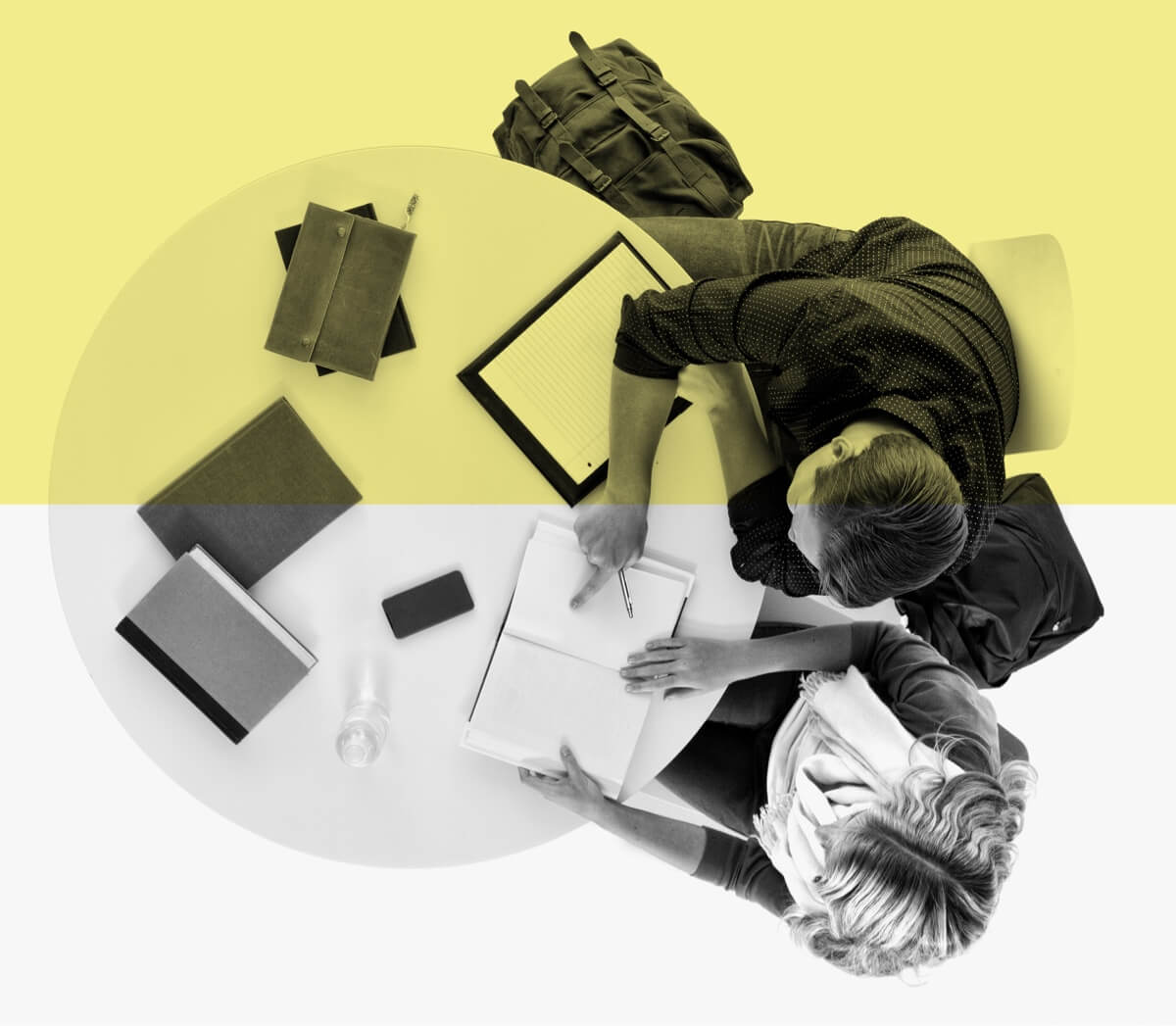
We measure success by the impact on our learners 10 years after they’ve graduated. We look at the 26-28 year old. Until 26 we are still capable of developing essential emotional and mental skills that will enhance our chances at a successful life. What do they need to thrive at 26 and later? Once we have identified these key competencies, we start to develop them from the first steps in school.
Children will know why they learn and what the impact is on their life. As grown-ups, our graduates will be able to connect and articulate their success to the experience in school.
By focusing on the behavioural and relational aspects of learning, we can support all adult learners in the school community to continue learning and developing in a highly personalized and relevant manner for themselves.
Our learning team does not mandate the kind of learning adults will embark on. It is up to every single person, teacher, administrator, parent, and grandparent, etc. to choose how much and where they want to develop. What we do is to provide rituals and a community which act as catalysts for our individual efforts to keep growing.
we create a unique and tailored way of learning for each learner. Our curriculum facilitates the process of discovery – encouraging exploration and experimentation. Learners are able to customize their learning pathways and the curriculum facilitates their holistic development.
and it is changed and adjusted together with the learner according to their changing level of energy, areas of interest and ability. School buildings and activities are modular and flexible providing enough opportunities for personalization and flexibility.
Our model is based on recommendations about the ‘Schools of the Future’ from WEF, the 21st-century skills, which include creativity, collaboration, critical thinking, OECD’s Definition and Selection of Competencies (DeSeCo) Project and other key frames. We measure it with rigorous metrics and update it as the science of human learning and development progresses.
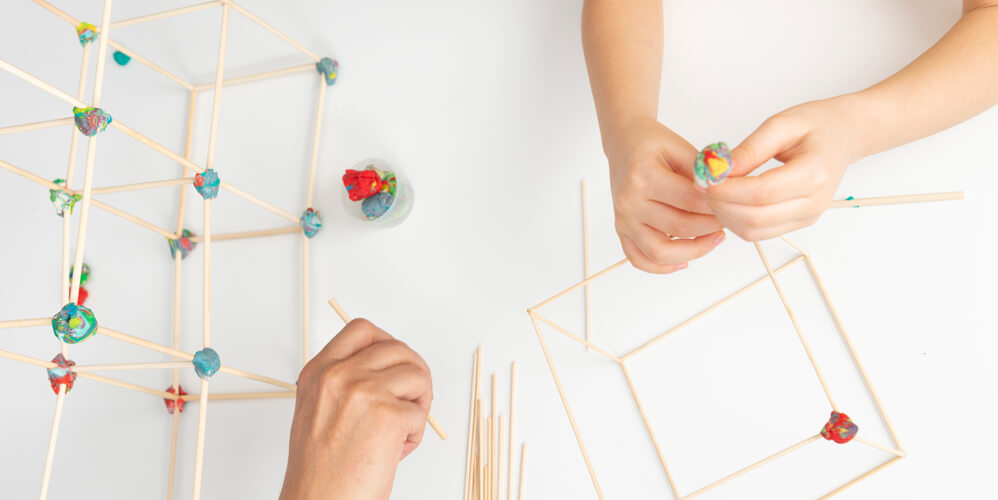
Modern schools move away from “do as you’re told” to “voice and choice for each student”. Learners get to choose activities, resources, spaces, times, responsibilities. They learn to answer the question “What do you want?”.
This is a profound question that requires personal awareness and responsibility. It is not about our fluctuating daily wants, but it is about the bigger and harder choices we need to make for a fulfilling life. Only when children have a choice in school activities, can we expect them to do hard work. Discipline, grit, resilience, these are all the results of focusing on what we really want.

The definition of ‘outstanding’ will also incorporate how they reach the educational objectives, their approach to learning not only the ‘performance on the day’.
The type of assessment used will match this approach to learning. They will not take all the same tests at the same time. They will have more sophisticated and personalized assessments than grades, such as mastery-based assessments (for example, Mastery Transcript). Together with the learner, the educator will define mastery for educational objectives and competencies and whenever necessary, the learner will receive support and extra-time to reach the high standard.
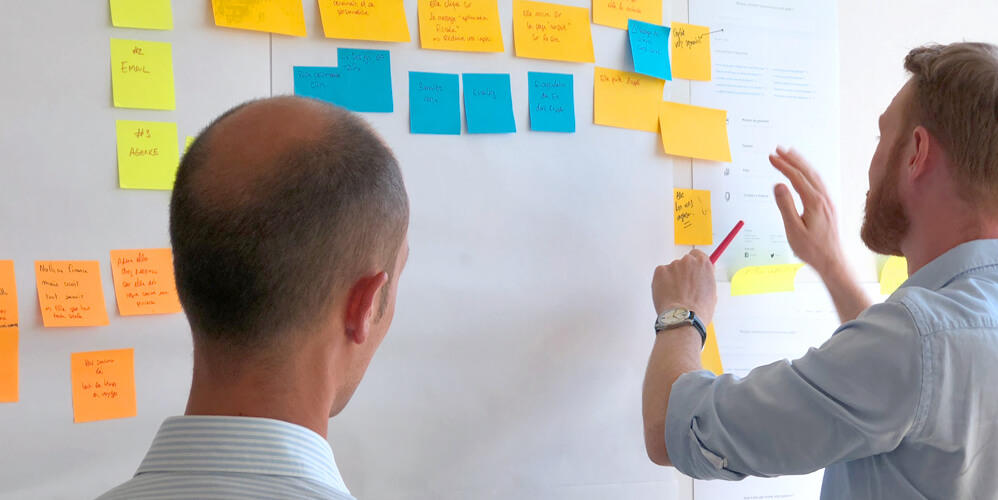
We look not only at their professional competencies, but also the deeper beliefs, mindsets and frames of looking at the world which could limit their effectiveness with learners.
Families are not only an appendix to our students’ learning. Parents are actively involved and model learning and development themselves, which is a powerful lever to enhance the learning of the children in our care. We are creating together a learning community with a shared commitment to keep evolving together and individually.
Their approach needs to be dynamic and continuous. This requires high degrees of trust and professionalism of
teachers who work together to constantly create great work.
They include new methodologies and
approaches, they constantly hunt for best practices.
Our school makes the commitment to responsibly and coherently incorporate new approaches that maximise the
learning for each child in our care.
There will not be a learning revolution every year, but a gradual
and ongoing adoption of innovation, using approaches such as the 80/20 rule (every year we bring in 20% new
and better approaches).
Each new generation and each new school year will bring a better and better school.

Colina Learning Center covers the basics through a standards-based planning process. We cover all the educational standards of what we traditionally understand by ‘school’. We use New York State Learning Standards, which have been reviewed recently and are aligned with our school vision and accreditation. This means that your child will be prepared to take their SAT Subject Tests, AP, or other international exams.
We go way beyond ‘traditional school standards’. Where most schools have an ‘add-on’ approach to well-being, learning how to thrive in life is our raison d’être. Our "Thriving, Purposeful Adult" model includes key competencies in all important areas of development: physical, emotional, intellectual, and spiritual. This offers each learner and each educator a broad view on learning objectives ensuring that we cover everything that is important for life, not only for exams.
We use the methodology of expeditionary learning, developed by Harvard and Ron Berger in the 1990s and implemented successfully in schools in the US and around the world. Our trail-blazers are schools like XP School in the UK. They show us how it is possible to have both academic and life success.
We are inspired by project-based models of education like High Tech High, Green School Bali, and the Synnovation Lab, from Sycamore High School, our ‘buddy school’ in the US.
As adults (teachers and parents), we will do our best for our children to be successful by gaining personal
mastery which includes knowledge and skills.
In addition to individual success, we are concerned about
the collective future of our planet and how this will impact the lives of children and all beings. This is
why, at Colina Learning Center, we develop learning with a Triple Bottom-line endgame in mind: Personal
Mastery, People, Planet.
These are our areas of assessment:
Where most schools involve parents closest when there’s a problem with their child’s performance, we involve parents as equal partners in learning, every day. Adults (teachers and parents) often find themselves surrounded and overwhelmed with continuous changes both personally and professionally.
So we don’t mean you will have to learn again (alongside your children) fractions or the periodic table. We will enable you to create experiences and conversations where you can model for your child real-life skills such as budget decisions, planning, solving conflict, having a positive mindset, etc.
By using developmental theories, we create an integrated curriculum that promotes the learning and development of both children and adults. Teachers have learning integrated into their daily activities and parents benefit from personalized learning and development opportunities that fit their busy lives.

There are a vast number of skills and abilities that can be used to describe human growth and development. At CLC we are leading a process of competency curation with our community so that we develop practices that meet the needs of our learners.
We are using Michael Fullan's “6 C's” as our starting point because they are based on decades of research and many other schools in various countries, from Uruguay to Finland, have succeeded in taking their students to even deeper levels of learning when using them.
The 6C’s of Michael Fullan are
Through our Learning Partnership Association and Epic Professional Development we help the adults in our community (families and staff) learn how to nurture these competencies in themselves and their children.
We are inspired by the work of Robert Kegan and Lisa Lahey from Harvard and their decades of work on applications of constructive-development psychology in education, personal and organizational development.
We have a lot more potential to develop in our lives, yet most of us (64%) only reach stage 3 out of 5 due to the education and the world in which we grew.
This is a different world requiring a lot more self-authorship of ourselves and our children. In a world with an abundance of information and a dizzying speed of change, we are all required to be our own authority, our own guru, our own leader.

We are providing everyone in the community with the option to explore the perspective of self-authorship and self-leadership. The most important leadership position is to lead yourself. Everyone is enabled to construct an intentional leadership philosophy of their own lives and to take the steps to bring it to reality.
Self-Design and Self-Authorship ‘Who am I?” & “What do I want?”
Change and Life Design:
“How do I create the life I want?” & “How do I learn?”
Relationship and Family Design
“How do I create the family I want?” “How do I build great
relationships?”
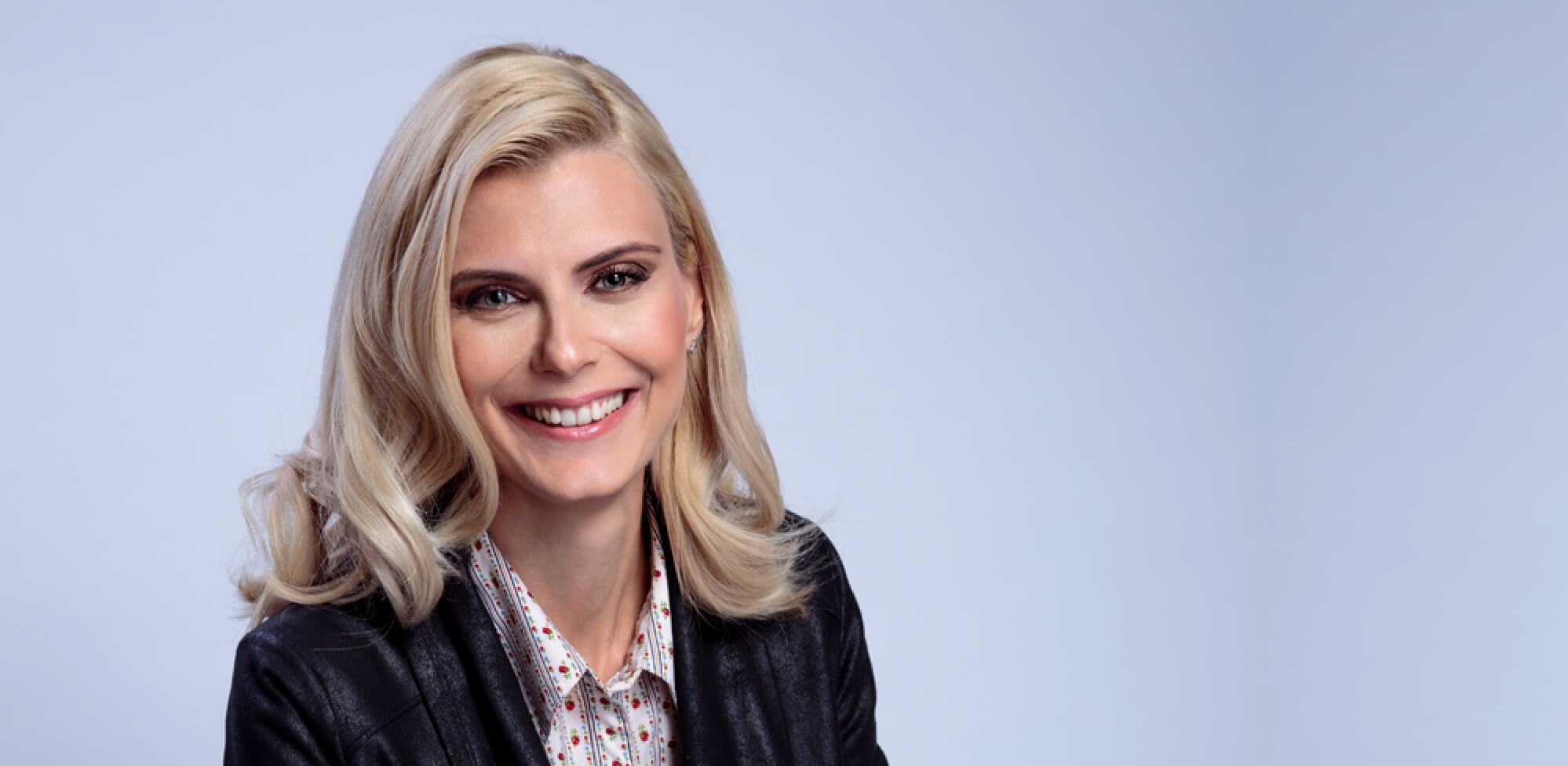
Monica Nicolescu is a certified professional coach with expertise in the psychology of peak performance. She is a former President of the International Coach Federation, Romania Chapter, and an experienced facilitator and mentor coach.
She is certified in the “Mindfulness Fundamentals” with Mindful Schools. She is working with CLC to develop the coaching culture, which will make our vision well-grounded and sustainable.
For more information, please visit Monica’s LinkedIn profile.
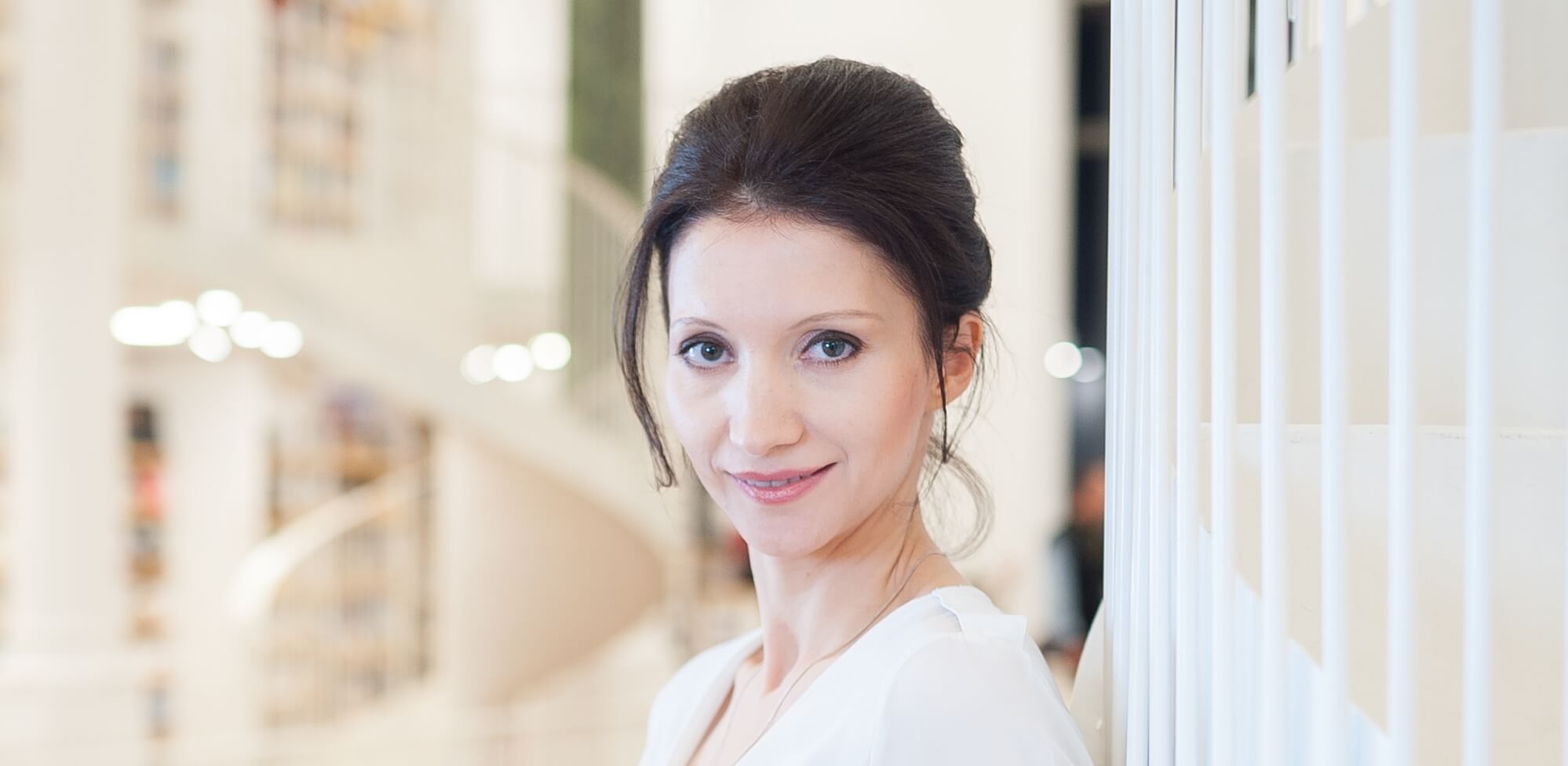
Olimpia is a leading expert and consultant on brain-based learning design and author of the book, How People Learn. She has led hundreds of corporate and educational programs. Olimpia has worked with numerous educators from local and international schools and larger systemic organizations (The Learning Teacher Network, Teach for Romania, OvidiuRo Association).
She aims to contribute to the innovation and development of teaching and learning for all.
For more information, please visit olimpiamesa.com.
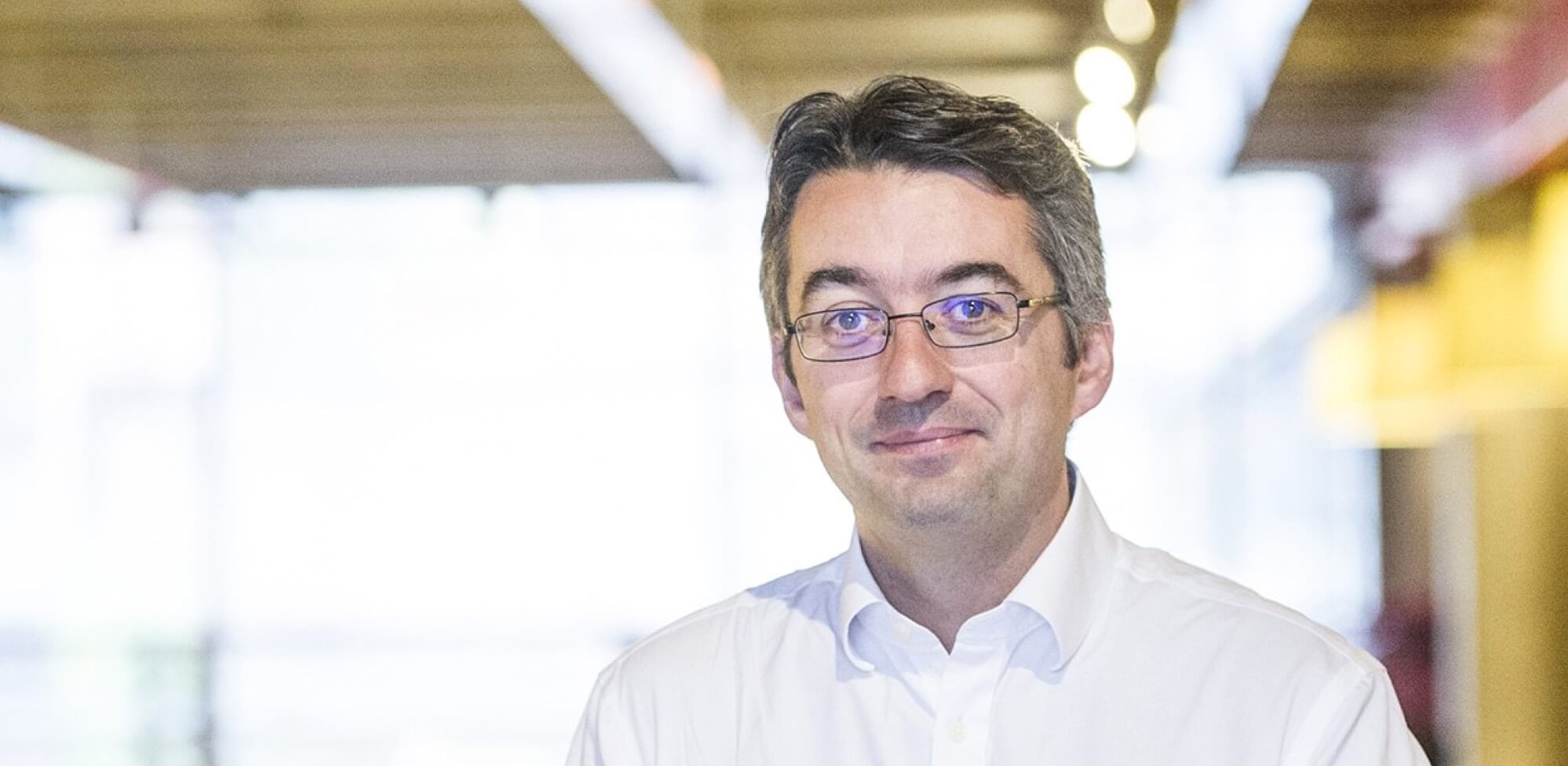
NoTosh is a global company leading innovation in education across all continents founded and led by Ewan. We work together to shape the vision, strategy, and curriculum framework of CLC.
Ewan will get you to shoot for the moon while at the same time ensuring you pay close attention to every single detail on the ground. The result: innovation in education done right through well-structured design thinking processes and rigorous strategies.
For more information, please visit Evan’s LinkedIn profile.